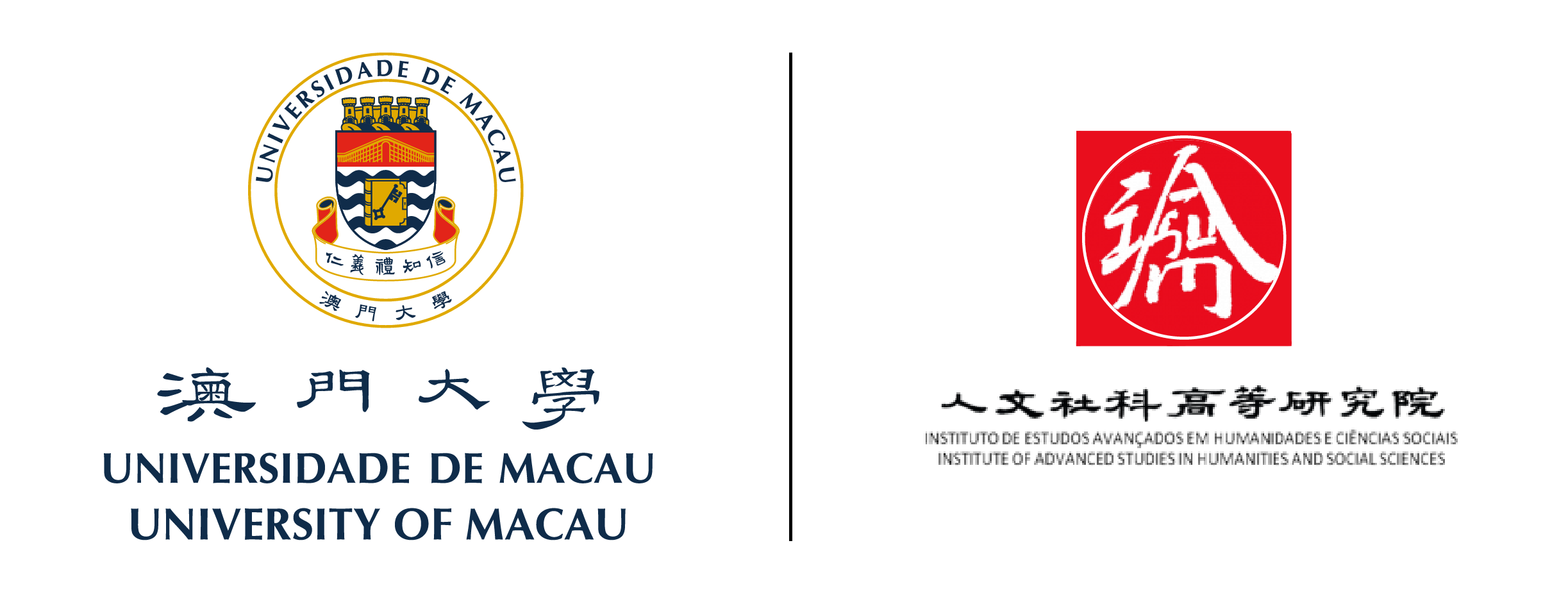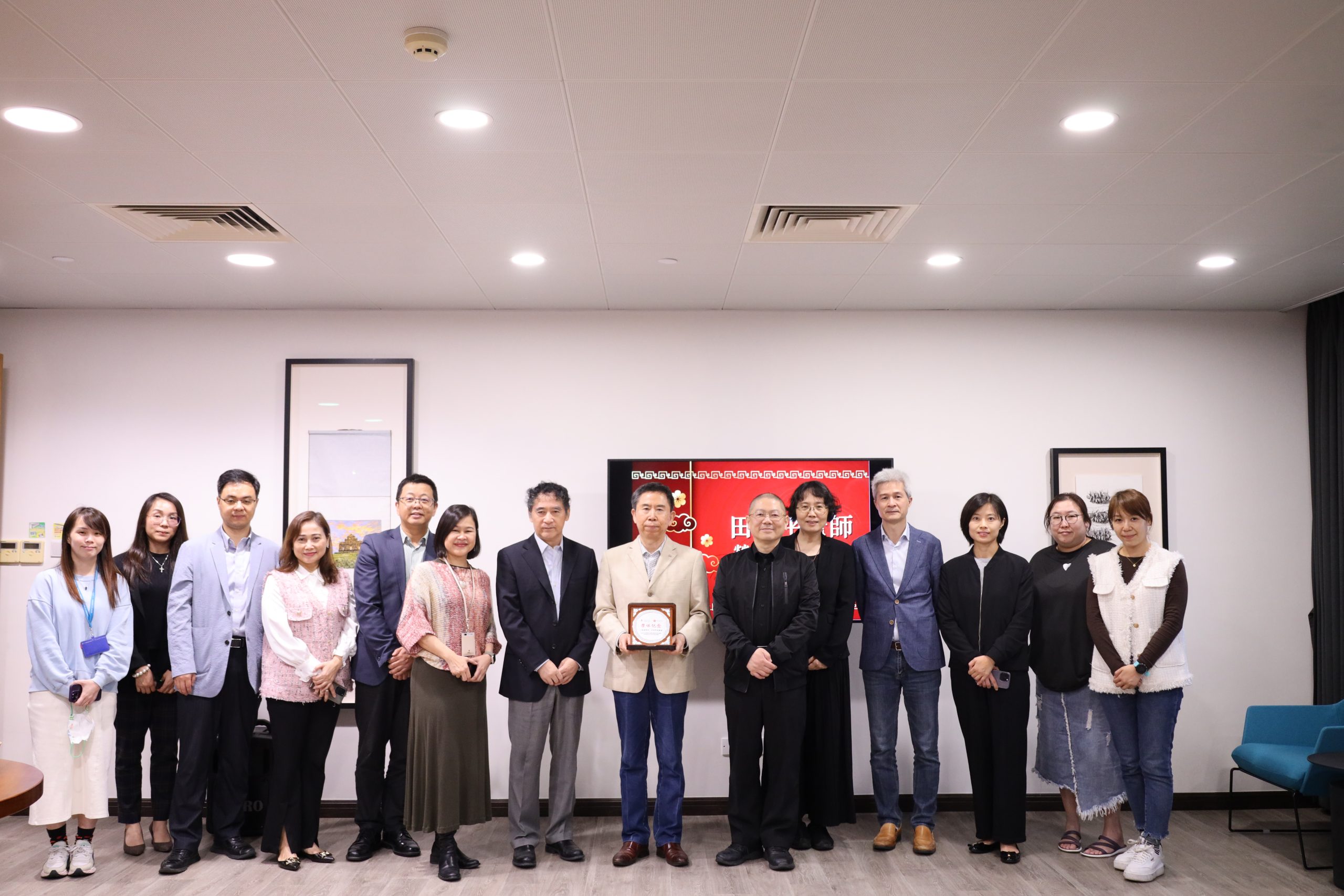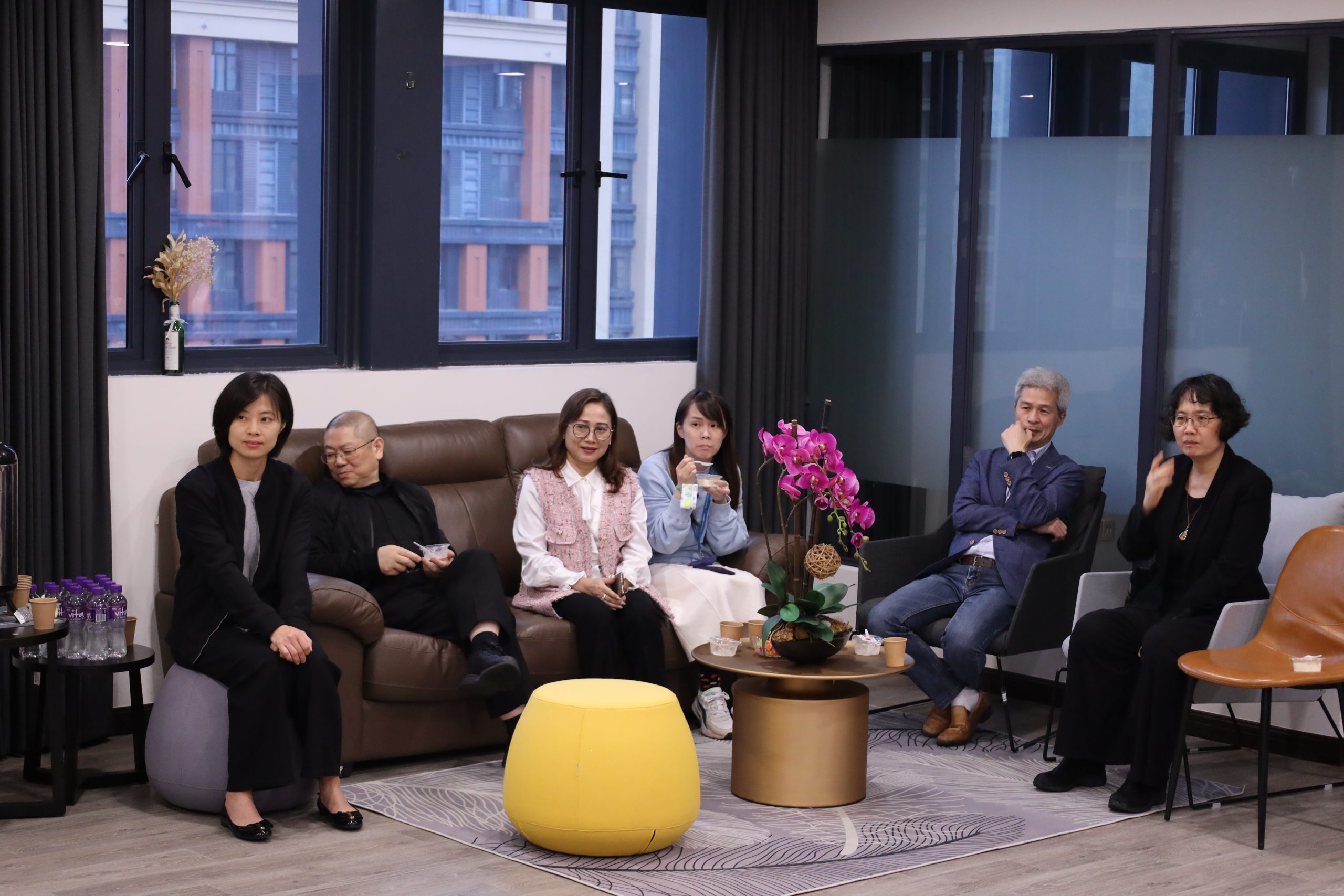The curtain call of a career is the ultimate test of professional behavior. On the afternoon of March 31st, a retirement reception for Mr. Weiping Tian, the Chief Editor of South China Quarterly, was successfully held at the IAS Common Room of Cultural Building. Professor Xingzhong YU, the director of IAS, hosted this event. Guests from different department has been invited to participate in this remarkable moment, including Professor Sihao Wang, Professor Qingjie Wang, Professor Shaoyang Lin, Professor Lanbo Liang, Professor Bing Shui and colleagues from the Centre for Chinese History and Culture (CCHC), The Institute of Advanced Studies in Humanities and Social Sciences (IAS), and the Centre for Macau Studies (CMS).
To start the ceremony, Professor Yu briefly summarized Mr. Tian’s work and thanked him for his contribution to the University of Macau for decades. He congratulated Mr. Tian on his retirement from the position of Chief Editor of South China Quarterly and wished him a happy retirement in Shanghai. In appreciation of Mr. Tian’s outstanding contributions over the years, Professor Yu presented him with a commemorative gold medal on behalf of the University of Macau.
During the retirement reception, Mr. Tian spoke eloquently about the difficulties of his forty-year editing career, which has deeply touched the guests. Mr. Tian once commented on the editorial work as “In dealing with editorial work, one must have a religious-like devotion; in pursuing editorial ideals, one must have a dedicated and persistent pursuit.” He has persisted in this belief throughout his editing career, from Hebei Academic Journal, to Academic Monthly, and finally to South China Quarterly, weathering all the difficulties along the way. Mr. Tian also joked, “ten years ago, I planted a seed at the University of Macau”, and now, that seed has grown into a towering academic tree known as South China Quarterly. As Mr. Tian bids farewell to the editorial stage, the new South China Quarterly Editorial Department will always uphold his editorial philosophy of “humanities, interdisciplinary, and boundary-transcending” and will perpetuate the “Tian Weiping model” with unyielding determination.







